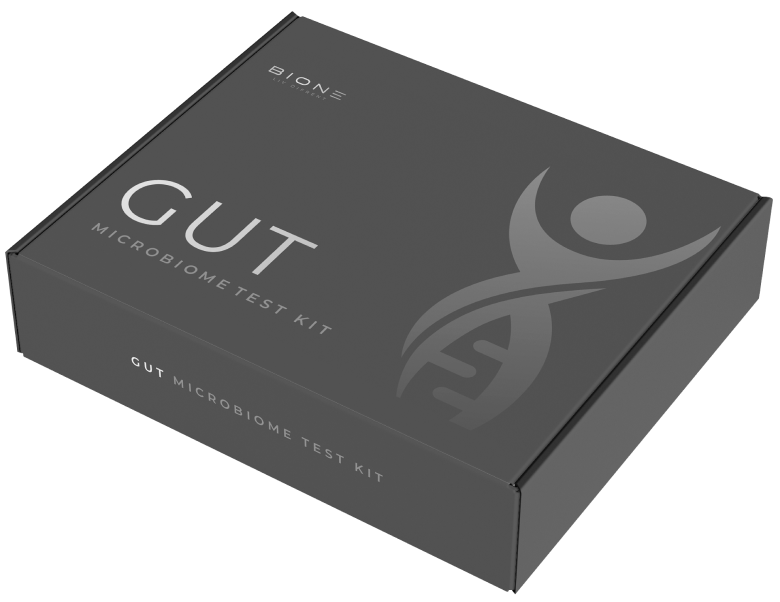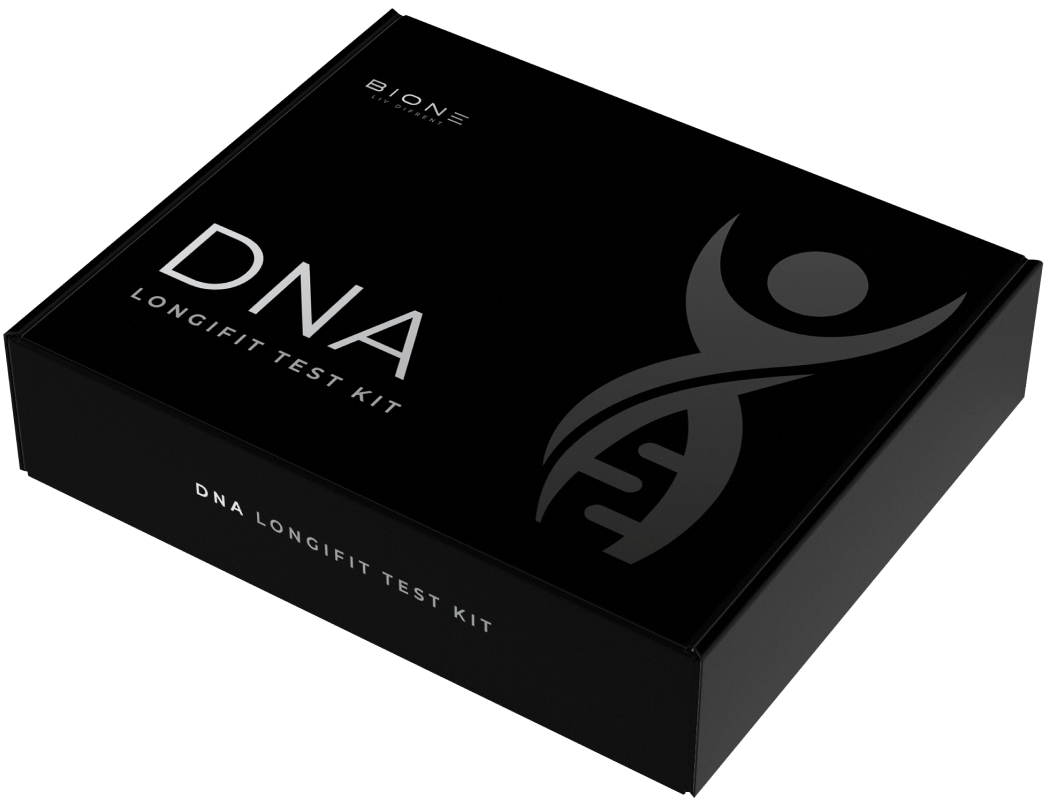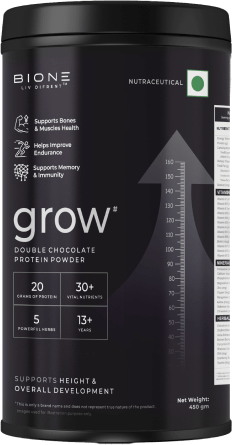Table of Contents
- 1. You’re Always Bloated or Gassy
- 2. Your Weight Won’t Budge
- 3. You Crave Sugar Constantly
- 4. You’re Tired All the Time
- 5. Your Digestion Swings Between Constipation and Diarrhea
- 6. Your Skin Keep Breaking Out
- 7. Your Mood Swings Are Unpredictable
- 8. Your Breath Could Knock Someone Out
- 9. You Keep Falling Sick
- 10. Your Autoimmune Symptoms Keep Flaring Up
- How to Fix Your Gut Microbiome (The Right Way)
- Conclusion
- FAQs
SHARE IT ON
1. You’re Always Bloated or Gassy
How to deal with it? Adding probiotic-rich foods like yogurt or kefir can help settle things down, while cutting back on processed snack items and artificial sweeteners gives less for the bacteria to feed on.
2. Your Weight Won’t Budge
The way out? Eat more fiber-rich foods like veggies, legumes and whole grains to nourish your good gut bacteria. Also, try your best to stay relaxed, keeping those stress levels low, as that can affect gut bacteria and hormonal balance.
3. You Crave Sugar Constantly
4. You’re Tired All the Time
5. Your Digestion Swings Between Constipation and Diarrhea
One moment you feel constipated, the next you’re running to the bathroom? That’s a sign you have an unbalanced gut and are having trouble with digestion.
6. Your Skin Keep Breaking Out
Your gut health and skin are related and a problematic gut could be the trigger for your skin troubles like in the form of acne, eczema, or rashes. When your microbiome is inflamed, it can show up through your skin.
7. Your Mood Swings Are Unpredictable
Feeling low, anxious, or emotionally off-balance? The gut-brain axis is real, since most of your serotonin is made in the gut, an imbalanced gut flora can affect mood regulation and cognitive function.
8. Your Breath Could Knock Someone Out
Quick Fix? Good oral hygiene is important and helps, but so is taking care of your gut with probiotics and avoiding excessive sugar or alcohol that fuels bad bacteria.
9. You Keep Falling Sick
10. Your Autoimmune Symptoms Keep Flaring Up
Conditions like Hashimoto’s, arthritis, or IBS often link back to gut inflammation.
Anti-inflammatory foods like turmeric and ginger can help ease things, but a long-term gut-healing plan is your best solution.
Anti-inflammatory foods like turmeric, ginger, and fiber-rich greens can help ease things, but work on long-term microbiome restoration through customized diet, lifestyle, and possibly gut microbiome testing.
How to Fix Your Gut Microbiome (The Right Way)
- Eat probiotic-rich foods: Yogurt, kefir, miso, kimchi, sauerkraut.
- Add prebiotics: Garlic, onions, leeks, oats, bananas to feed good bacteria.
- Avoid processed food: Refined sugar and additives disrupt microbial balance.
- Manage stress: Chronic stress reduces gut diversity. Deep breathing, yoga, and journaling help.
- Stay hydrated: Water is essential for smooth digestion and nutrient absorption.











